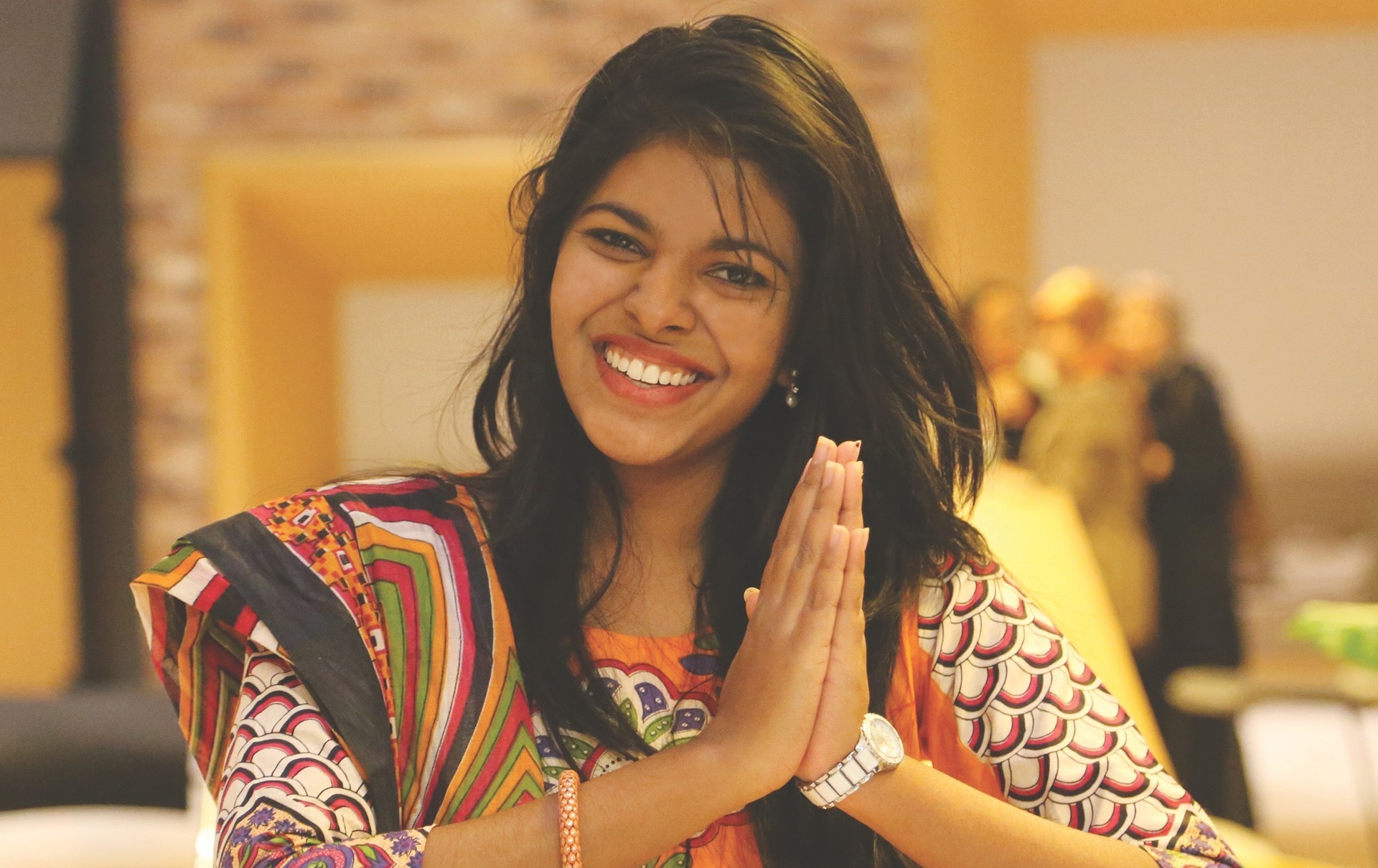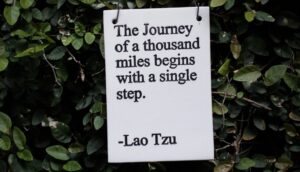By
Do You Have A Happy Relationship With Money?
 Most of us are uncomfortable talking about our money. I know I usually am. After all, few of us think we have all we could ever need—even the super wealthy. And if we are lucky enough to feel fairly comfortable about it, we don’t usually bring it up because we don’t want to appear insensitive to those who have less. Or maybe worse, we don’t want to jinx what we have. But, is it possible that how we feel about money is directly related to how we feel about life in general and ourselves in particular? In other words, is our relationship to our money happy, affectionate and at peace? Or is it sad, fearful and distrustful? Getting to the heart of those questions is the focus of a new book by Ken Honda titled, Happy Money—The Japanese Art of Making Peace with Your Money. And some of his perspectives may surprise you.
Most of us are uncomfortable talking about our money. I know I usually am. After all, few of us think we have all we could ever need—even the super wealthy. And if we are lucky enough to feel fairly comfortable about it, we don’t usually bring it up because we don’t want to appear insensitive to those who have less. Or maybe worse, we don’t want to jinx what we have. But, is it possible that how we feel about money is directly related to how we feel about life in general and ourselves in particular? In other words, is our relationship to our money happy, affectionate and at peace? Or is it sad, fearful and distrustful? Getting to the heart of those questions is the focus of a new book by Ken Honda titled, Happy Money—The Japanese Art of Making Peace with Your Money. And some of his perspectives may surprise you.
I’ll admit that this isn’t a book I would normally buy in a bookstore. My days of wealth seeking for the sake of easy money are far past me. And while I’m normally all for happiness, the title Happy Money seemed a little too flippant even to me. But something about the book jacket blurb made me agree to take a look at it for a review. And I’m glad I did, because once I started reading, I realized that Honda intends to offer an alternative to the seriousness, the fears, and mystique that money usually holds for most people. According to Honda, money can be happy, or it can be deeply unhappy—and discovering how we feel about is key to creating a happier life experience in the future.
What is the difference between happy money and unhappy money? If you think about it, it isn’t difficult to imagine. Any money that you have or earn that comes to you for doing something you love is happy money. Money that sparks your creativity and passion is usually happy. Money spent paying for things that bring you or the people you love joy, excitement and contentment is happy money. Money you give or spend to help others or create a better world is happy money.
On the flipside, any money you earn at a job you dislike or with people you don’t admire is usually unhappy money. Any money you use to begrudgingly use to pay your rent, bills or taxes is unhappy money. Any time you make or spend money in frustration, sadness, anger or resentment is unhappy money. The problem is that most of us aren’t aware of the difference. And as Honda says, “…most people, whether they realize it or not, are already in a deeply committed, unhappy relationship with their money.”
So why does it matter? Again, according to Honda, “…where there is Unhappy Money, there are unhappy people.” The good news is that if you are able to feel positive about your current money relationship, then chances are good that you experience happiness and peace of mind on a regular basis. And in case you are wondering, Honda isn’t all about just getting rich. He says, “…it doesn’t matter how much you have or make. It is your feelings about money that determines your wealth. If you don’t have a healthy attitude and feel negative about money, then no amount of money in the bank is going to change your relationship with and how you feel about money.”
Besides the idea that money is an energy that we direct in our lives—either in positive or negative ways—he also believes a big problem in our culture is a belief in a scarcity mentality. He quotes author Lynne Twist (who I’ve also written about myself) as a woman who teaches the downsides to the scarcity mindset. What is a scarcity mindset? Honda says, “The scarcity mind-set is a belief that there are limited resources in the world, and if we don’t get what we want, when we want it, someone else will.” It leads to greed, fear and jealousy and a constant striving to get ours before someone else takes it away. It asks us to take jobs we hate just to pay bills. It also fuels an addiction to buying things we don’t really need and overconsumption. Underneath it all is a belief that there isn’t enough in the world to go around—enough money, enough happiness, enough good, enough anything—so we must battle to get ours any way we can—and even hoard it when possible. At the core of that belief is that we ourselvesare not “enough” as well.
So how do we get past this scarcity fear of not having or being enough? The simple answer is to practice gratitude—every day, all the time. In fact, that simple practice is behind most of Honda’s suggestions to create happy money. Honda credits his mentor Wahei Takeda. as someone who taught him this important ingredient to happy money. Takeda, a former billionaire in Japan, taught others that a key to wealth and happiness is saying “Arigato”, or thank you in Japanese, for absolutely everything, over and over again. That constant gratitude mindset combined with an inner soul connection is a definite path to overcoming any feelings of scarcity or not-enoughness in your life.
While Honda does offer many practical approaches to creating a happy money awareness, he does repeat himself quite a bit in a mostly motivational manner. But I did appreciate his many references to the idea that it isn’t the amount of money you make or have so much as it is arriving at a place in your mind where you feel secure, happy and content. In many ways he refers to us each finding a positive “money relationship” that fits our life and personality, just like rightsizing. He says, “If you can find happiness in your own unique lifestyle, that is the sign that you’re moving out of the money game. There are no right answers. You can find your state of happiness in simplicity and minimalism. Or if making a lot of money and creating a big flow is your preference, go for it. Only you can say what is right for you.”
Surprisingly, and at the same time, Honda also acknowledges that there are big changes happening in the world today. He acknowledges climate change and the almost daily advances in technology and where that might lead. He admits that these shifts can be looked at either optimistically or pessimistically and that, “We really do have the power to choose how we will enter into the future.” Being of service and helping others as much as possible is all part of creating happy money and is key to finding abundance within our self. He also suggests that we focus on creating deep and lasting connections with others, and find our sense of security in other people rather than money.
While I still find it a bit strange to think of my money as happy or sad, there might be something to it. At one point Honda even asks: If you pulled out the money in your wallet would it be smiling or crying? But I have to admit that this book reminded me to be grateful for what I have, to realize that the people and experiences in my life are my real wealth, and that I get to choose what and where I want to head in the future. And Honda reminds us that regardless of the circumstances you find yourself, it’s SMART to know that, “You can start over every day.”





